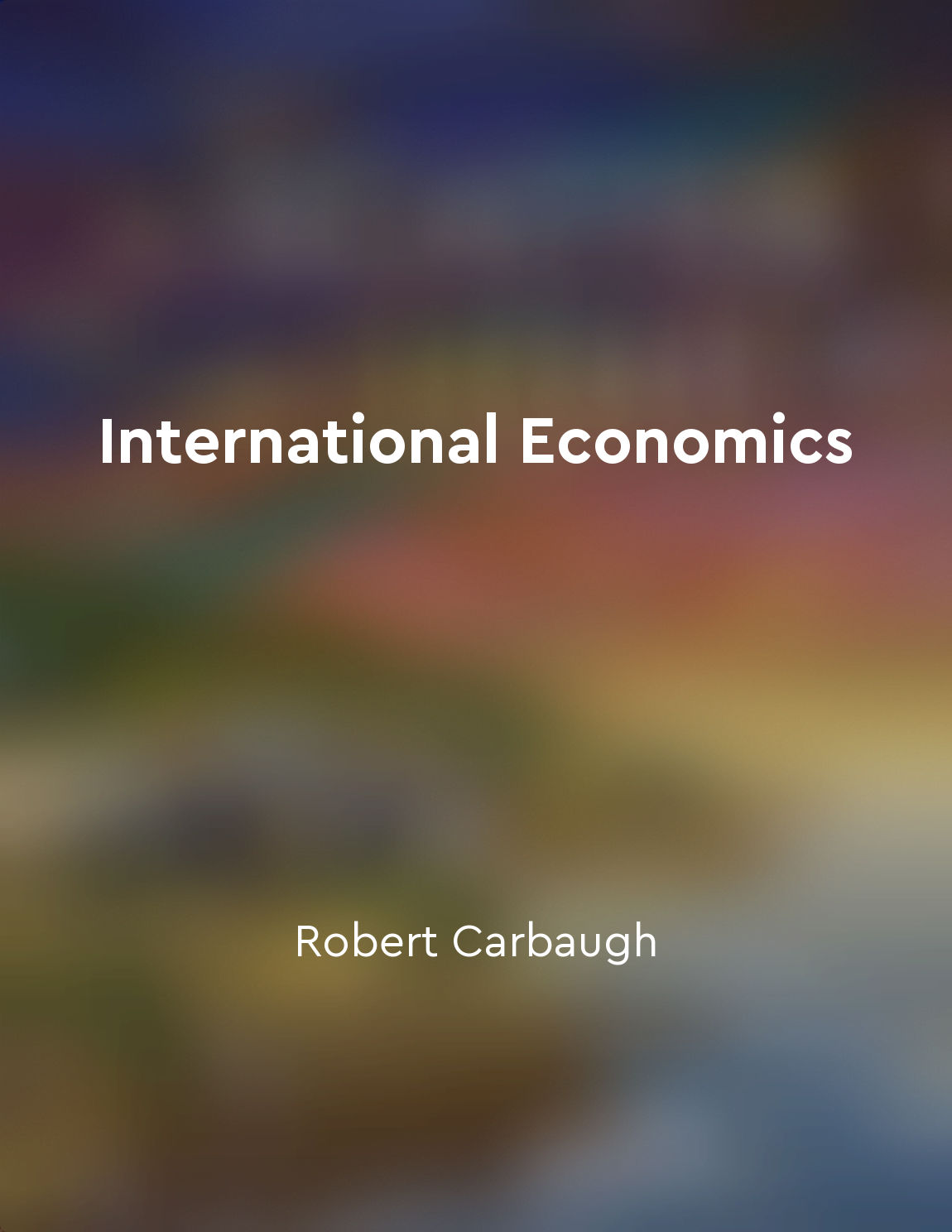The World Trade Organization regulates international trade agreements from "summary" of International Financial Management, Abridged Edition by Jeff Madura
The World Trade Organization, or WTO, plays a crucial role in overseeing and regulating international trade agreements. This organization was established in 1995 to replace the General Agreement on Tariffs and Trade (GATT) and to promote global trade by reducing trade barriers and ensuring a level playing field for all member countries. One of the main functions of the WTO is to provide a forum for member countries to negotiate trade agreements and resolve disputes related to international trade. By establishing rules and regulations that govern trade between countries, the WTO helps to prevent trade wars and protect the interests of both developed and developing nations. The WTO operates on the principle of non-discrimination, which means that member countries must treat all other members equally and cannot give preferential treatment to any one country. This principle helps to promote fair competition and prevent countries from engaging in protectionist policies that could harm other nations. In addition to regulating trade agreements, the WTO also monitors the implementation of these agreements and provides a platform for member countries to discuss and address any issues that may arise. By promoting transparency and accountability in international trade, the WTO helps to build trust among member countries and foster a more stable and predictable trading environment.- The World Trade Organization plays a vital role in shaping the global economy and ensuring that international trade is conducted in a fair and transparent manner. Through its various functions and mechanisms, the WTO helps to promote economic growth, create jobs, and improve living standards for people around the world.
Similar Posts

Tax policy influences economic behavior
Tax policy can have a significant impact on the behavior of individuals and businesses within an economy. By adjusting tax rate...
Competition benefits consumers through lower prices and better products
Competition between businesses forces them to constantly seek ways to attract customers by offering lower prices and better pro...

Inflation erodes purchasing power
When prices rise, people's money can buy less. A currency unit that buys fewer goods and services over time is said to have dec...
Multilateralism
Multilateralism refers to the practice of coordinating relations among three or more states, often in pursuit of a common goal ...

Protectionism can lead to trade disputes
Protectionism, which involves government policies that restrict international trade, can have significant implications for trad...


